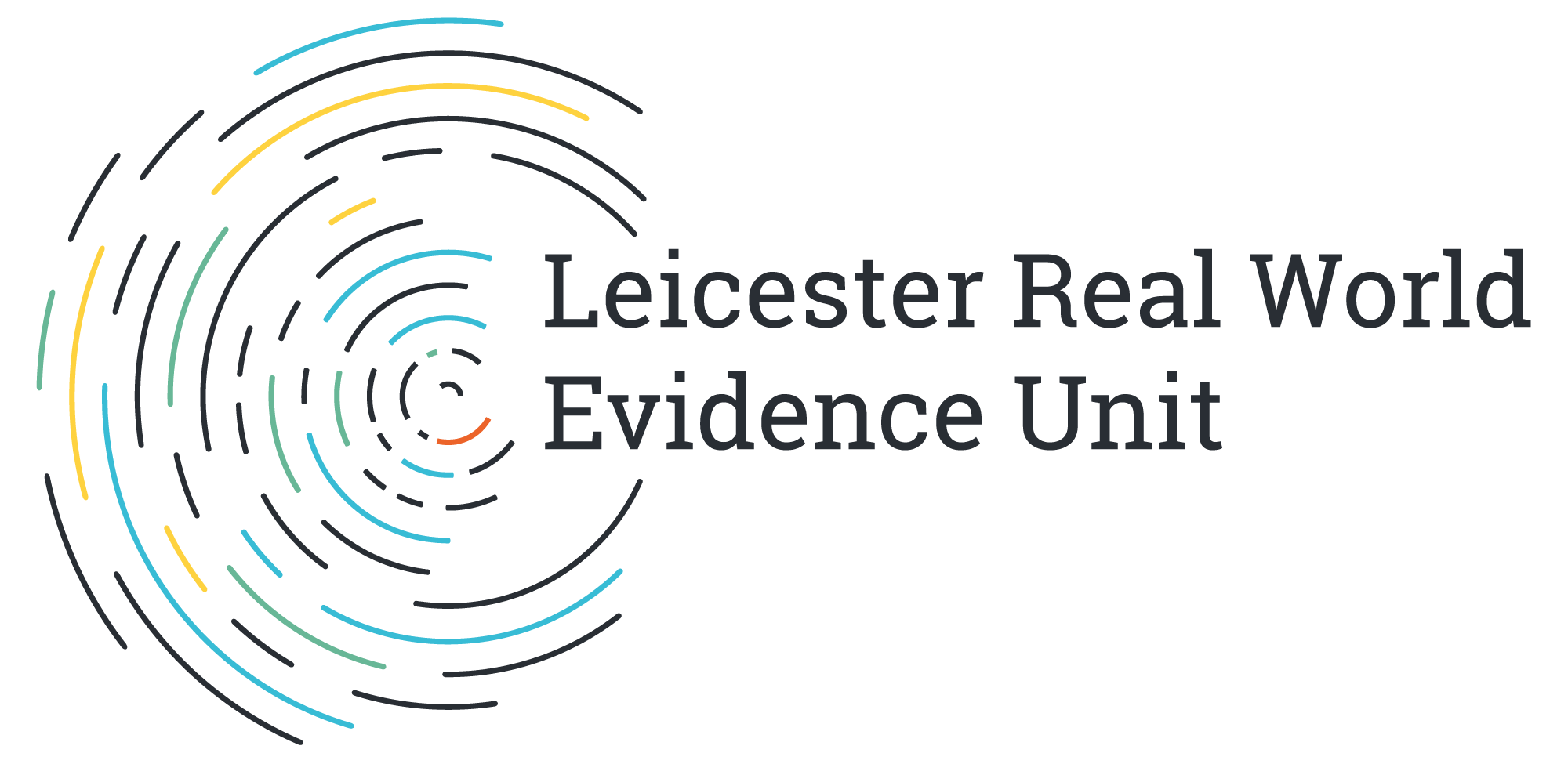COVID-19 pandemic and risk factor measurement in individuals with cardio-renal-metabolic diseases: A retrospective study in the United Kingdom
PLOS One
Shabnam S, Zaccardi F, Yates T, Islam N, Razieh C, Chudasama Y, Banerjee A, Seidu S, Gillies C, Khunti K. (2025)
BACKGROUND:
Comprehensive research about changes in risk factor (RF) management of people with chronic conditions during the COVID-19 pandemic is sparse. We aimed to study the impact of the pandemic on RF assessment in people with type 2 diabetes (T2DM), cardiovascular disease (CVD), and chronic kidney disease (CKD).
METHODS:
Using UK Clinical Practice Research Datalink GOLD, we identified adults with T2DM, CVD and CKD who were alive and registered two years before (March 2018 – February 2019; March 2019 – February 2020) and one year during (March 2020 – February 2021) the pandemic. We estimated the proportion of people whose RFs (systolic (SBP) and diastolic (DBP) blood pressure, total cholesterol (TC), body mass index, smoking, and HbA1c) were assessed, mean values, and the proportion of controlled at each period for each cohort, overall and by age, sex, ethnicity, and deprivation. Multivariable logistic regression was used to estimate the association of patient characteristics (age, sex, ethnicity, deprivation, and comorbidity) with the outcome of having all RFs assessed during a given period.
RESULTS:
Within the T2DM cohort, 66.4% and 65.2% had assessments of HbA1c in 2018 and 2019, which reduced to 43.4% in 2020. In CVD cohort, 76.9% and 72.6% had their BP measurements (54.5% and 51.3% for TC) in 2018 and 2019 respectively, which declined to 40.6% (30.7% for TC) in 2020. In CKD cohort, BP assessments declined from 77.9% and 72.3% in 2018 and 2019 respectively to 45.0% in 2020. These findings were consistent across patient demographics. In those with T2DM, SBP and DBP increased (+1.65 mmHg and +1.02 mmHg) in 2020. Elderly people were less likely to have all their RFs assessed in 2020 in all three cohorts compared to previous years.
CONCLUSIONS:
Among people with major cardiometabolic conditions, there have been substantial reductions in the assessment and control of several key RFs during the pandemic. These patients will need regular monitoring in future for the prevention of complications. Our findings also highlight the need for resilient healthcare systems to ensure continuity of care and mitigate disparities in high-risk populations.
DOI: 10.1371/journal.pone.0319438
